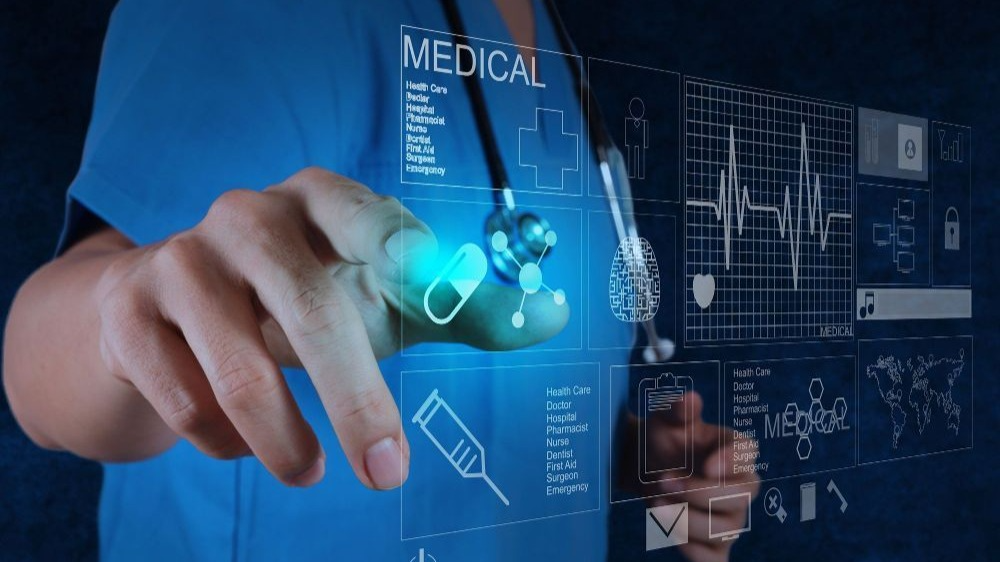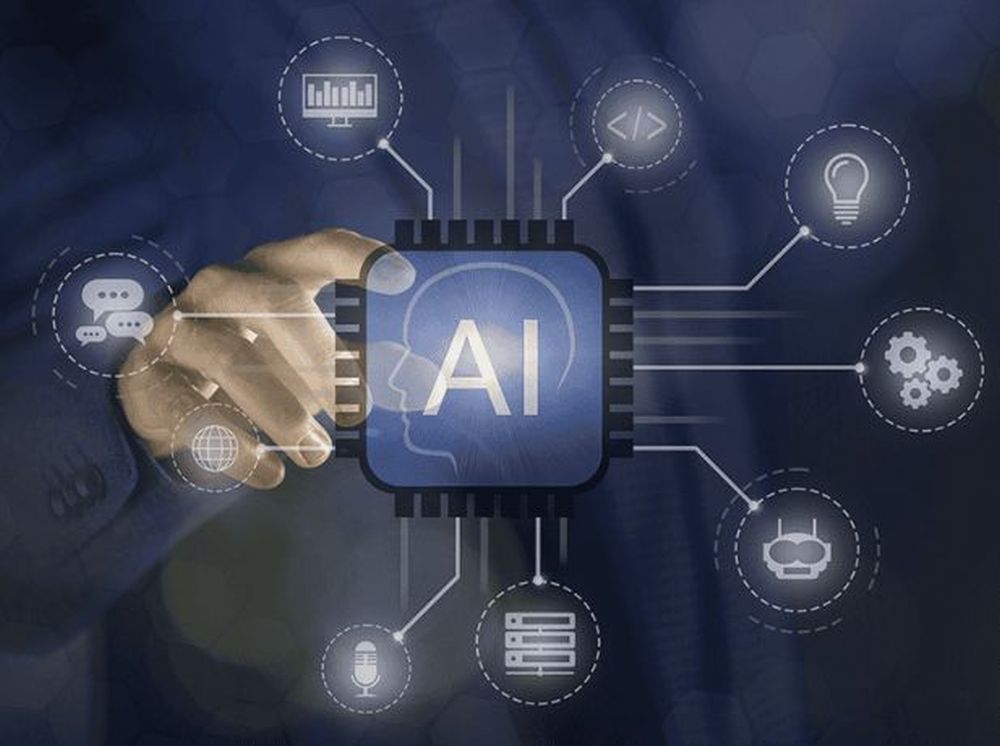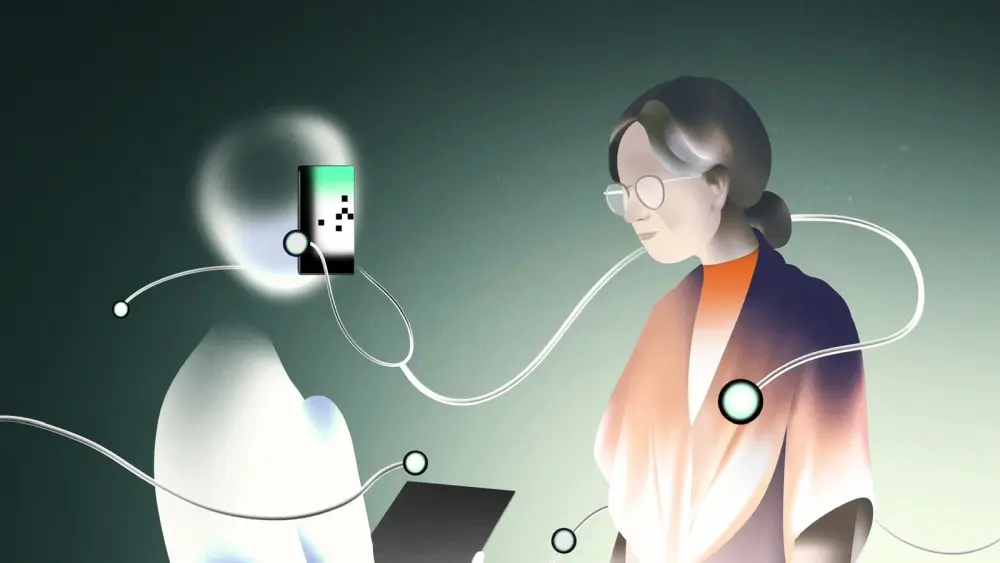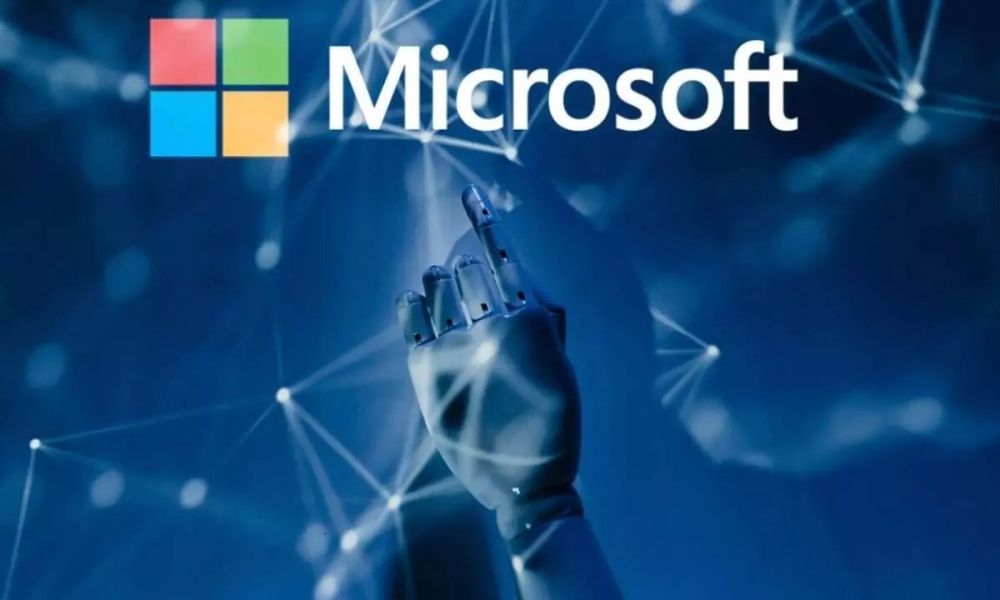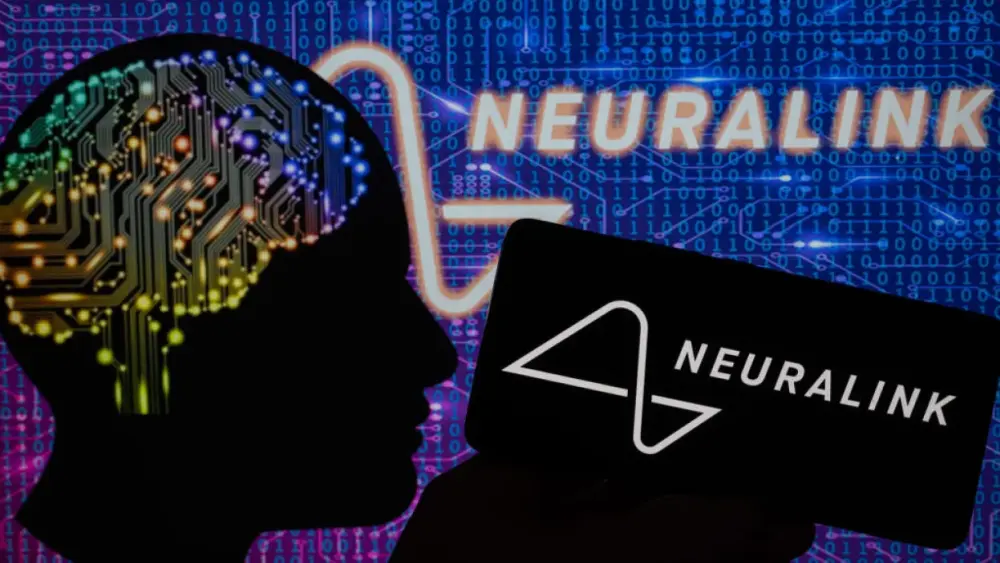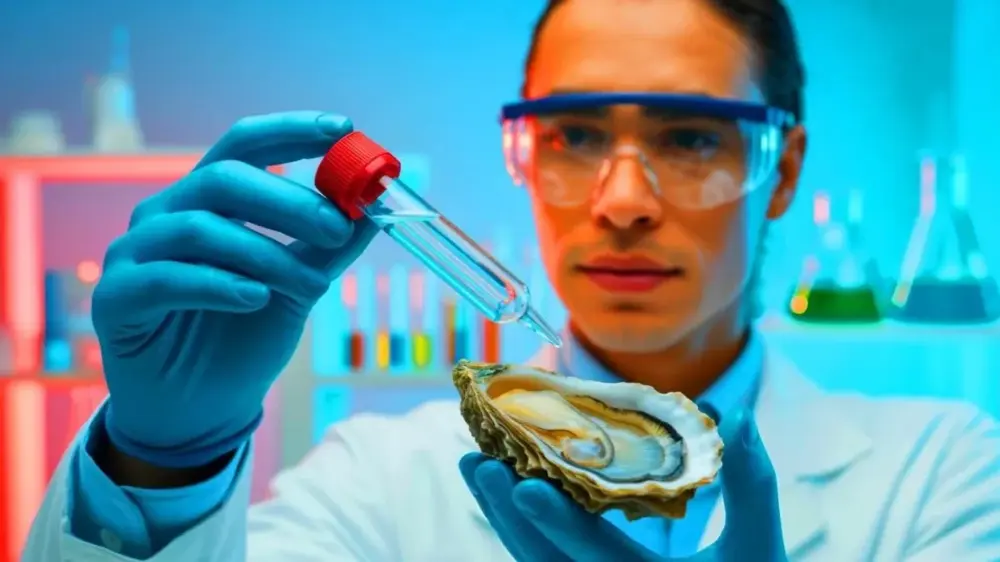Reading Time : 3 minutesDeepRare’s AI cracks rare disease codes faster than experts, but governance voids spark alarms. From diagnostic triumphs to oversight pitfalls, is healthcare’s AI dawn a cure or a covert crisis?
Reading Time : 2 minutesKohli reveals AI’s power to democratize genome research, empowering 3.3M scientists via AlphaFold. India leads with local AI for farms and health—true science for all approaches.
Reading Time : 2 minutesArtificial intelligence is transforming medicine by accelerating discovery, refining diagnosis, and reshaping what we call a cure. While AI excels at optimization, its true impact depends on human values guiding it. Used wisely, it will not erase biology’s messiness, but support it—helping more people live longer, better lives without leaving fragility behind.
Reading Time : 2 minutesOpenAI is exploring the development of consumer health products powered by generative AI. The company has recently hired industry figures to lead the effort, signaling a serious move into healthcare. The goal appears to be creating a personal health assistant capable of interacting with users’ medical information in natural language. This shift could influence how people manage health data in the future.
Reading Time : 2 minutesMicrosoft has launched a new AI organization that will begin its work in medical diagnostics. The group, led by experienced AI executives, aims to create the infrastructure needed for future superintelligent systems while first proving value in healthcare. By focusing on diagnostic support, Microsoft can test advanced models in a controlled and impactful environment before expanding to broader applications.
Reading Time : 2 minutesNeuralink reports over ten thousand volunteers eager to join its brain chip trials, reflecting growing public fascination with mind-machine integration. Yet behind the hype, only a few human implants exist, facing technical and ethical hurdles. The project remains both a glimpse into the future and a reminder of how fragile progress can be.
Reading Time : 2 minutesChinese researchers have introduced Bone-02, a new injectable bone glue inspired by oysters’ adhesion abilities. The adhesive bonds bone fragments in just three minutes and is biodegradable, avoiding the need for metal implants. Though still in lab testing, it signals China’s growing role in medical innovation and the development of novel biomaterials.
